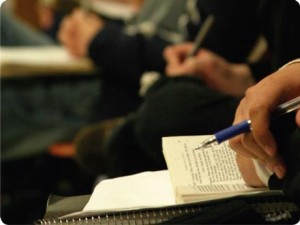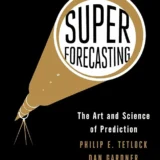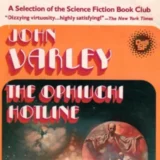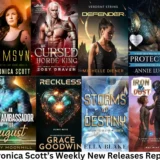 When I participated in those humiliating spelling bees in primary school, I was usually among the last chosen because I was a lousy speller. I grew up in an immigrant family where Romanian was the official language; I heard my parents speaking German in the house and lived in a French-Canadian neighborhood. English was actually the fourth language I learned and only once I started going to school. It seemed that my facility with language came at some expense. My spelling sucked. It didn’t help that I was probably borderline ADD, dyslexic and allergic to reading.
When I participated in those humiliating spelling bees in primary school, I was usually among the last chosen because I was a lousy speller. I grew up in an immigrant family where Romanian was the official language; I heard my parents speaking German in the house and lived in a French-Canadian neighborhood. English was actually the fourth language I learned and only once I started going to school. It seemed that my facility with language came at some expense. My spelling sucked. It didn’t help that I was probably borderline ADD, dyslexic and allergic to reading.
Are you a lousy speller too? Well, take heart. You’re in excellent company. Samuel R. Delany is dyslexic. Thomas Jefferson, F. Scott Fitzgerald, Herman Melville, Woodrow Wilson and John Irving were all rotten spellers.
Grenadian SF/F writer, Tobias Buckell, author of Sly Mongoose, admitted that “homophones practically kill me, even the ones I know are wrong, b, d, g, and p are often swapped, as is, of course, 6 and 9.” He confesses that rewriting “is a painful, deliberate struggle” as he must pore over his work word by word.
So, why is it that some of us can just look at the word “preposterous” and spell it, while others can see it a thousand times and never get it right? Neuroscience has shown us that it’s in the brain. Recent studies using functional MRI analysis have not only begun to map the areas of the brain we use in reading and writing, they’ve shown how a neurological glitch in about 20 percent of people may make them chronically poor spellers. That’s me!
My particular weakness is the homonym. These are words that sound the same but are spelled differently (e.g., right and write). I’ve seen writers mix homonyms a lot in my workshops and manuscript critiques. Common ones include:
There, their, they’re | Bare, bear |
To, too, two | Grate, great |
Who’s, whose | Here, hear |
Reel, real | Meet, meat |
Deer, dear | Heel, heal |
Brake, break | Council, counsel |
Mantle, mantel | Principle, principal |
Which, witch | Where, wear |
Keep a dictionary by your side and consult it often. For those of you, like me, who spend most of your writing time in front of the computer with internet access, you may wish to bookmark the online Merriam-Webster dictionary, www.m-w.com.
If you are, like Tobias Buckell, particularly susceptible to self-correcting when you revise your work, then have someone you trust proofread for you.









This reminds me of my 6th grade spelling bee. I was a fantastic speller when I was a kid and was often asked for spelling help by my classmates. But in the heat of completion, I finished second because I misspelled the word “college.” An ironic word to stumble on for someone who would eventually go on to pursue a major in English Literature.
But since that day, I’ve been conscious of and more often insecure of my own spelling abilities. Today, I still cringe when my kids ask for spelling help. Sure I can tell them to “look it up” if I’m not sure if I can help them or I feel they are just being lazy about it – but sometimes, you just have to give it the ol’ “college” try.
Some people learn from their mistakes. Some people are haunted by them. For me, it’s a little bit of both.
Thanks for sharing your story with us, Ricky. I obviously didn’t have your experience. My spelling only improved later in life when I started reading a lot. In fact, I got pretty good. My awful spelling in grade school still haunts me a little too. And keeps me humble. Not a bad thing. I actually enjoy telling my writing students about my awful spelling. It keeps the whole process of writing and publishing somehow human and attainable for them.
Best Wishes,
Nina